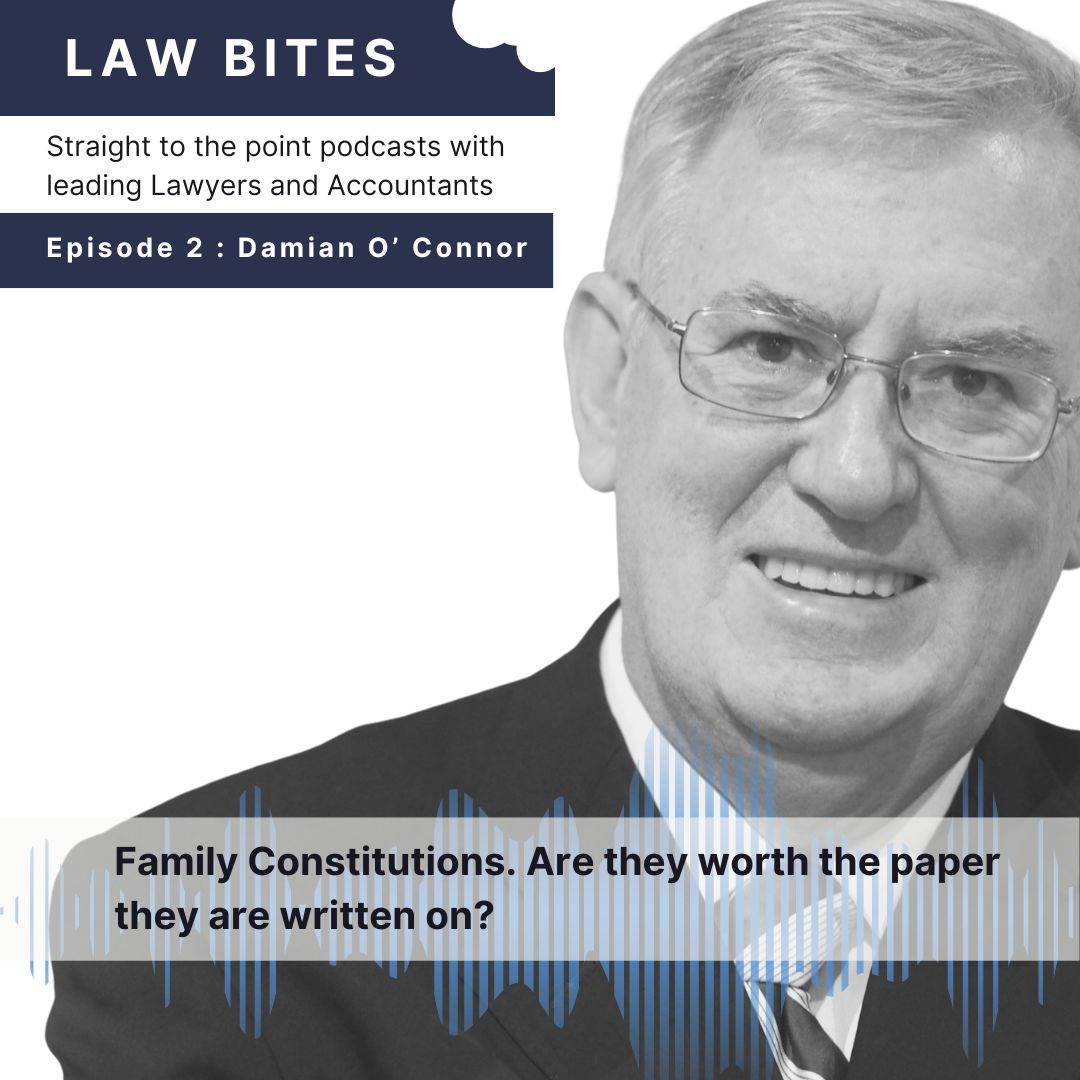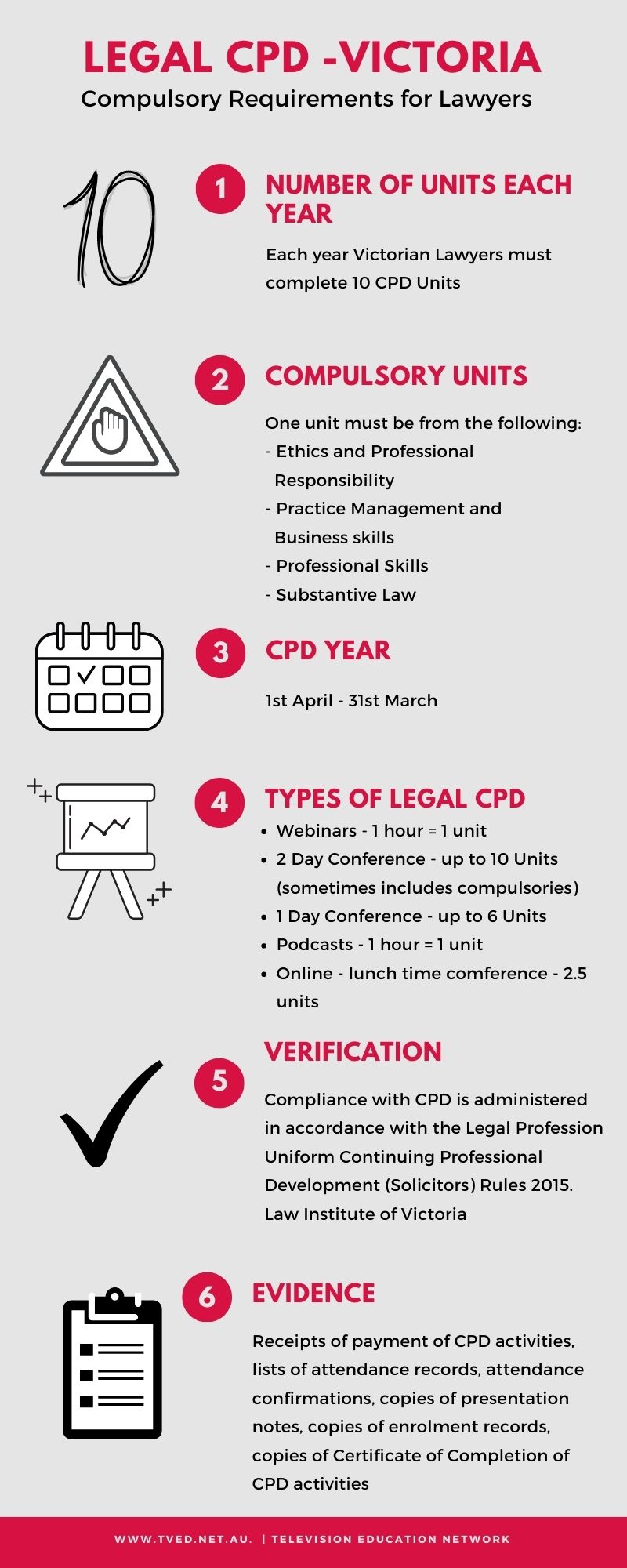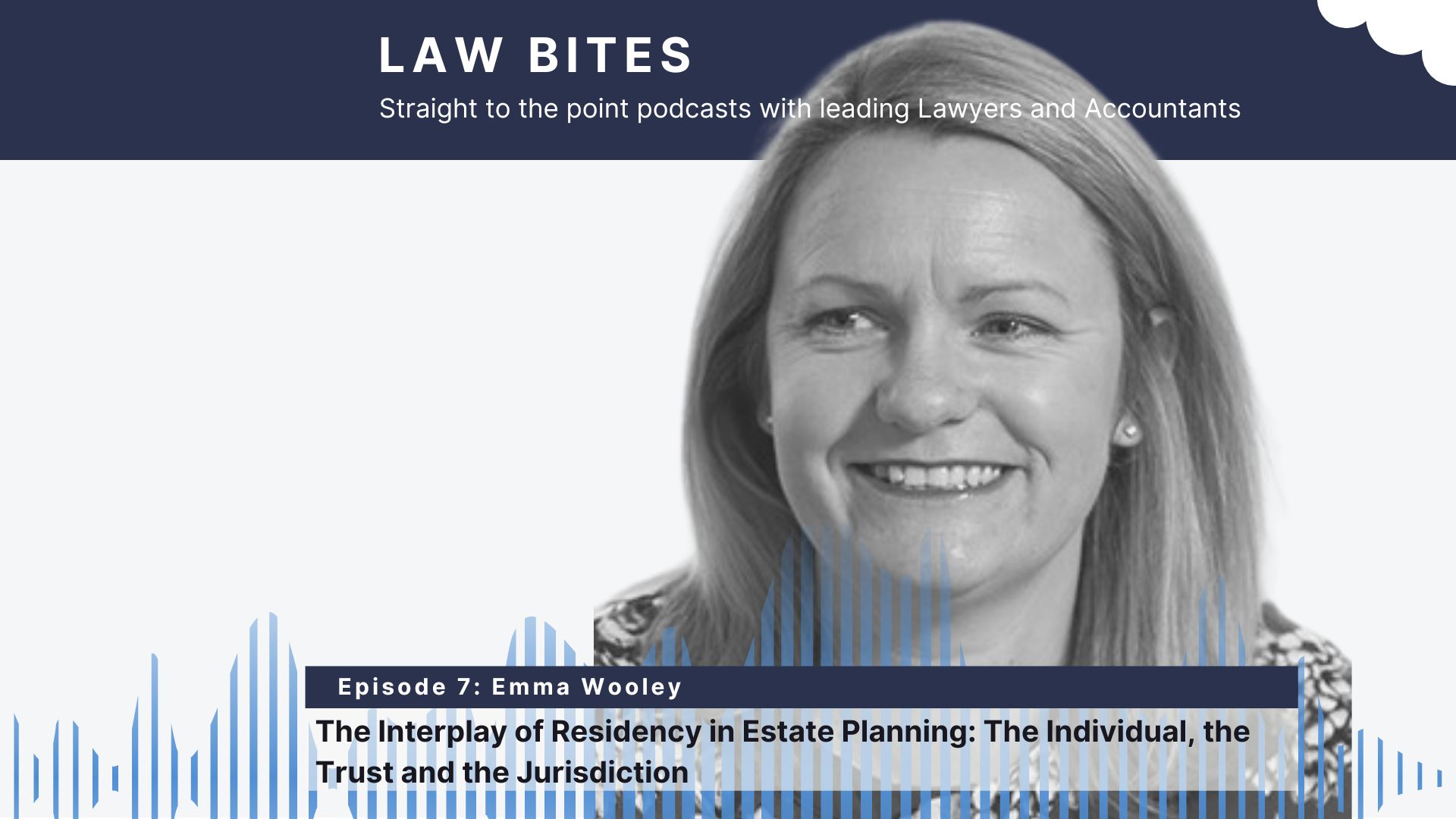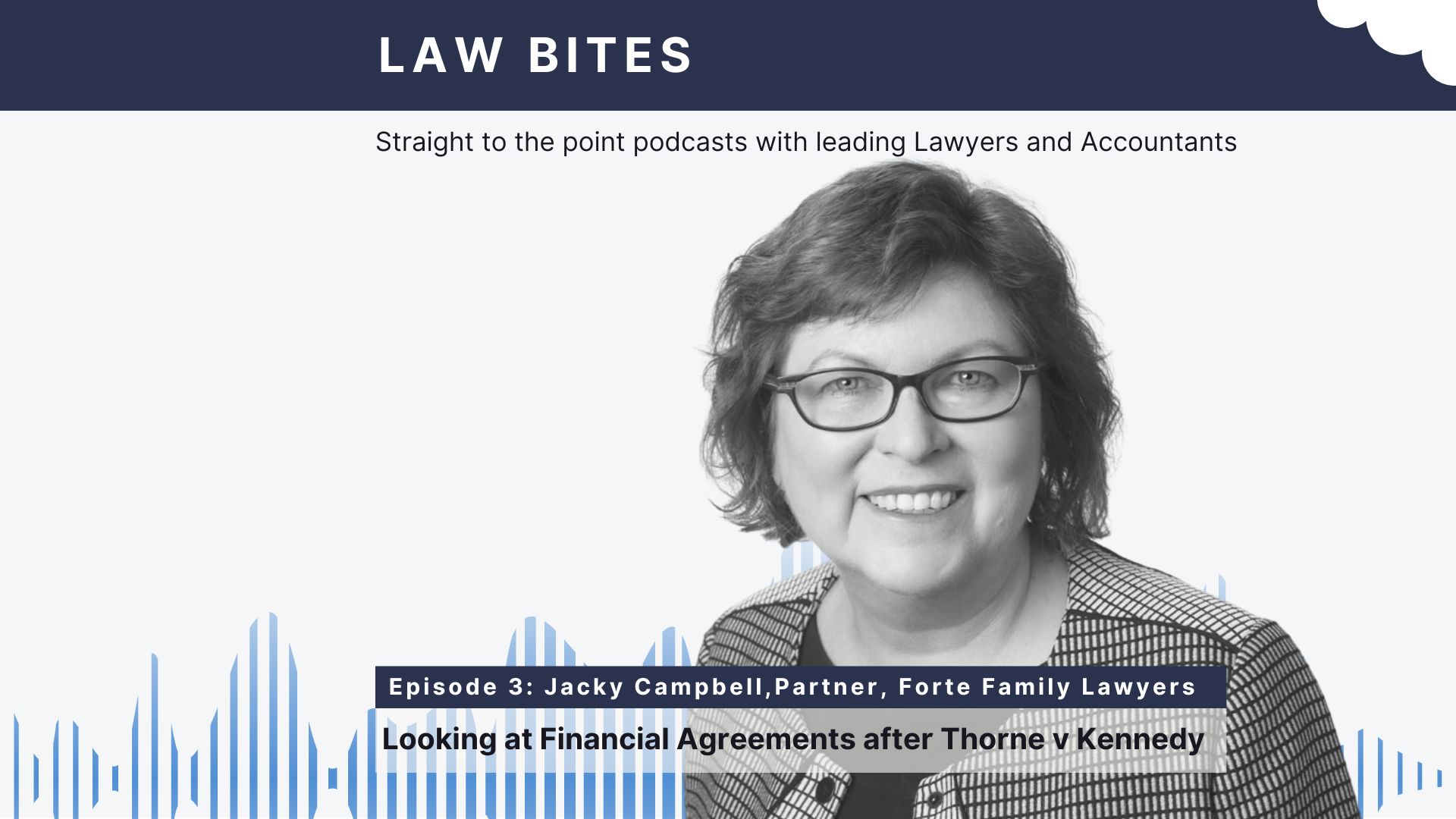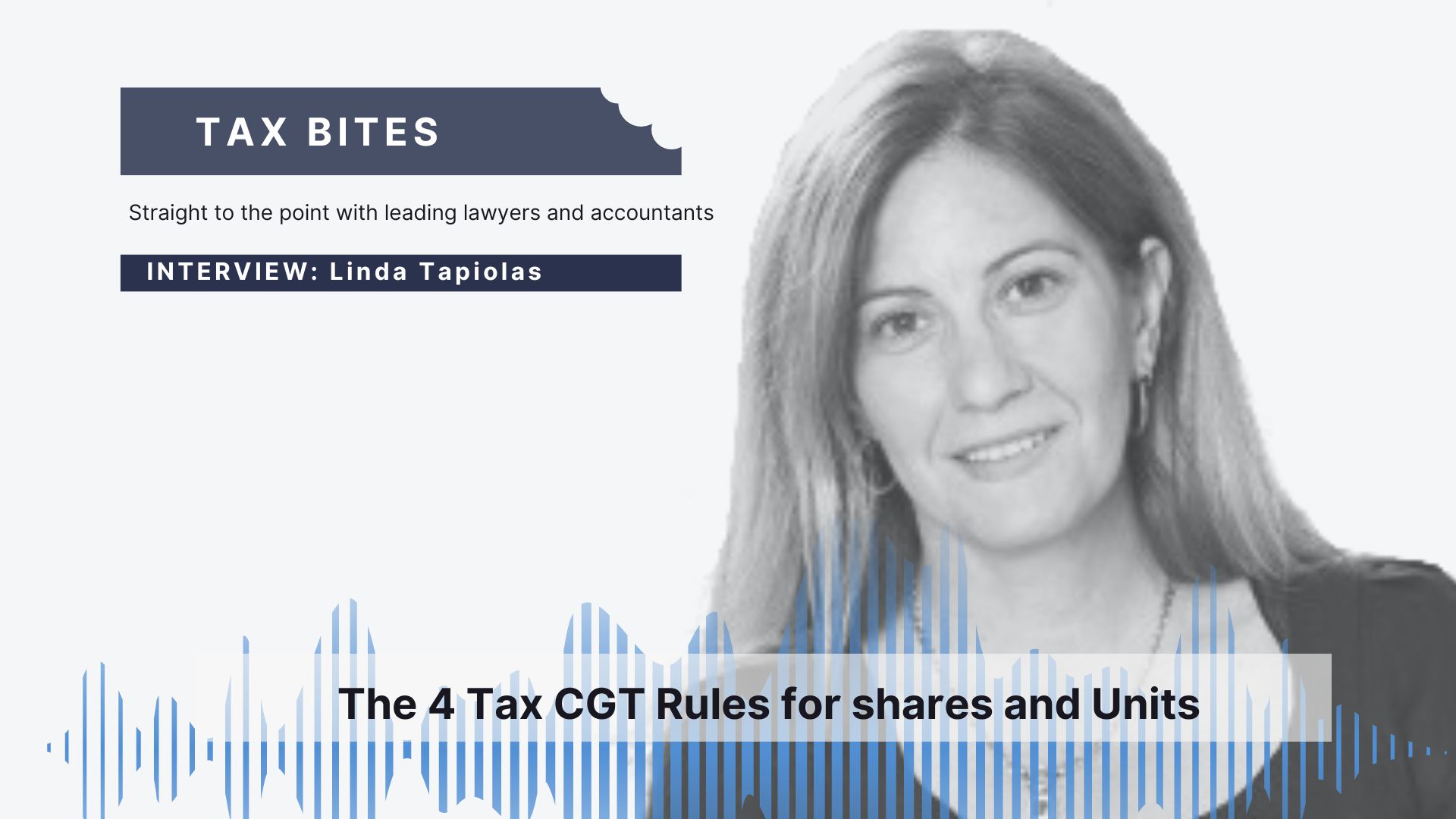Staying Ethically Compliant: Mastering the Latest Tax Agent Obligations
Staying Ethically Compliant: Mastering the Latest Tax Agent Obligations
For tax and BAS agents, the regulatory landscape continues to evolve. In recent times, the spotlight has turned firmly toward ethical compliance—with updates to the Code of Professional Conduct (the Code) and the introduction of new breach reporting obligations under the Tax Agent Services Act.
These changes not only raise the bar for professional conduct but also require practitioners to revisit their internal systems, client engagement strategies, and documentation protocols.
Here’s what you need to know—and why staying up to date with Ethics CPD for Accountants is now more critical than ever.
What's Changed in the Code?
The Tax Practitioners Board (TPB) has clarified and, in some cases, expanded the expectations set out in the Code. Among the key updates:
-
Stricter interpretations of what constitutes a false or misleading statement—even where there is no intent to deceive
-
A heightened obligation to keep clients informed of all relevant matters, not just at the outset of an engagement, but continuously throughout the course of the client relationship
These are not minor tweaks. They directly impact how agents approach client advice, communications, and the review of documentation prepared by others.
Breach Reporting Obligations: What You Must Know
A major development is the formal requirement for self-reporting certain breaches of the Code. But what exactly triggers this obligation?
Practitioners must now assess whether a breach:
-
Is significant in nature, based on factors such as intent, frequency, and risk
-
Has resulted in, or is likely to result in, material loss or damage to another party—most often, the client or the ATO
What makes this particularly challenging is that these definitions are open to interpretation and must be applied to real-world, often complex, situations.
Practical Scenarios: Where the Risk Lies
One area of concern is documentation received from new clients, especially where:
-
There are unresolved tax positions like Division 7A loans or Section 100A trust distributions
-
You identify inflated or unjustified claims on prior tax returns, with no credible explanation offered
These cases raise an important question: if the issues are serious enough, could simply inheriting a client’s file trigger your breach reporting obligations?
While the answer depends on context, one thing is clear—tax and BAS agents must be proactive in reviewing all documentation and flagging risks early.
Why Ethics CPD for Accountants Is Non-Negotiable
Given the increasing complexity of ethical obligations in tax practice, continuing professional development is no longer just about technical updates—it’s about safeguarding your registration, your reputation, and your practice.
Ethics CPD for Accountants helps you:
-
Stay across the latest TPB guidance and expectations
-
Build processes to manage breach assessments with confidence
-
Navigate grey areas where client conduct may affect your obligations
Final Thoughts
The demands on tax agents continue to grow—and with them, the need for robust ethical systems and professional judgment. Mastering the updated Code and understanding when and how to report a breach are essential skills for every practitioner.
Staying ahead of the curve through focused Ethics for Accounting CPD ensures that you meet your obligations not just in letter, but in spirit.






